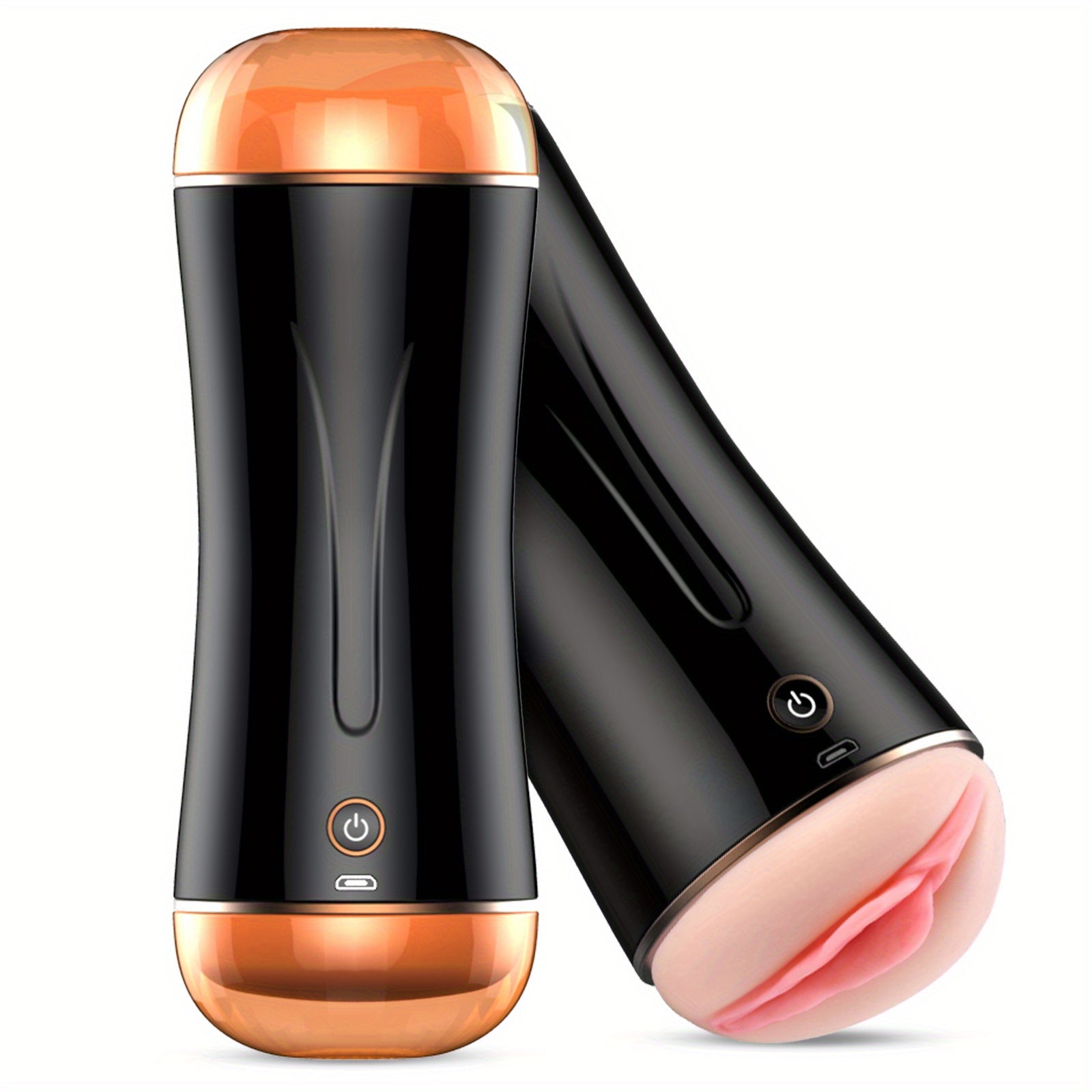The other day I was scrolling through various posts floating throughout the great wide web, and numerous people were saying that while they enjoyed jacking it, they also had a bunch of worries about what it was doing to their bodies. One comment in particular stood out to me: I turned 22 this year and I haven't stopped masturbating, some days as many as 3 times a day. I hear one drop of sperm is equal to ten drops of blood. Is this possible damaging my body?"
Before we were married I thought my wife had a scarcity of sexual interest, but I never knew she had a greater need than I did. I was a little put off by that, but now I'm terrified that they'll suck up all my sperm and I'll die of it!
It seems that many men have both an awareness and lack of awareness of sperm and there is a clear necessity to reinforce this point to the majority of men.
Is it really 10 droplets of blood and 1 droplet of semen? Masturbation in males has frequently been depicted with superlatives about the liquid dynamo of semen being portrayed as an indispensable essence of male-ness. "1 drop of Semen equates to 10 drops of blood"; though a widely circulated quote being mentioned in many discourses is not factual.
Semen is composed of two basic components: seminal plasma and sperm- the first outnumbering the latter in 90 to 10 percent ratio. The components of seminal plasma are complex, and semen includes the secretions from the prostate, seminal vesicle glands, and urethral bulbous glands, and other comply with the quantities of water, fats, proteins, amino acids, inorganic salts, enzymes, and different color particles and sugars, creating a complex liquid medium.
Although sperm can be seen to be nutritious in some respects, it is not directly related to blood. On top of this, it’s worth that the system of pipelines belonging to the male sex organ is set up so that, even when you don't actively ejaculate, your balls will keep on pumping out additional sperm and, if the sperm levels accumulate past a certain amount, the body takes care of discharging the surplus of its own accord. Sperm on average donated 2–7 mL of each ejaculate.
which is why the process of loading their gun for masturbational purposes does not compromise their physical resources all that much to begin with--though if they masturbate more frequently than they produce sperm, the semen with which they part ways can be practically spermless (or even completely sperm free). And of course, indeed the body will suffer if it has to deal with stress over and above its management capability.
SHOULD WE CONTEMPLATE SPERM DEPLETION HERE? While women only have a limited number of eggs they can produce in a lifetime, is it possible men can also run out of sperm?
As we already know the testicles are responsible for producing the sperm. The process of s perm -making, which begins at puberty when the testicles develop, is a factory that operates 24-7, because each gram of testicula r tissue can produce as many as tens of millions of sper m each day. As long as hormones and testicular function are normal and unaltered, the testicles are capable of performing this type of work even into old age as they are just like hard working employees who work throughout the day with very little or no breaks and Face-aging limitations.
Therefore, without the introduction of external perturbations, there is no risk of sperm extinction. But it should be noted that over time, many of the functions of the prostate, testes, epididymis, and other related organs might be impaired by the aging process, and its far-reaching influence could result in weakened sperm quality as one grows old. This lowered fertility is probably why men sometimes have difficulty impregnating women when they get older.
There are some advantages to a healthy amount of masturbation for men. Extended disuse of this natural exercise can result in a number of adverse effects such as Vaginal congestion, increased heat in the penis and scrotal region, reduced sperm motility, and they will ultimately all lead to unhealthy sperm and even cause no release at all if ignored.
It is also important to manage one’s emotional state. Engaging in release can trigger your brain to generate “feel good hormones” when you are stressed or anxious. Stress can trigger the release of endorphins — the so-called “feel good” hormones — in the brain. They alleviate stress, control emotions, minimize mental anxiety and improve mental and physical performance, and these are a few hormones.
To avoid sexual problems Remember that too long periods of sexual inactivity can stagnate the blood in the penis and atrophy the fine tissues of it when it happens it will derail the function or lower sexuality of the organ.
Encouraging the body to produce testosterone is also beneficial; apart from enhancing male libido and keep him vigorous, at an intermediate release accompanied by a specific frequency, it can help maintain heart health, muscle growth, and as a precursor to the synthesis of the testosterone in men's body.
Add to that it may reduce a man’s risk of developing prostate cancer because each time he ejaculates he lowers his risk of prostatitis, clearing out the prostate fluid. Research at the Journal of the American Medical Association showed that men who ejaculate at least 21 times a month appear to have less risk for prostate cancer.
So how long is the average sex session? There is no universal norm for the amount of time one should wait between masturbating, but you probably shouldn't feel tired the next day. However, the time factor does matter, too, too fast or too slowly ejaculated can be a sign of different physical problems.
Premature ejaculation in men can occur from the time of sexual debut if, during penetration, ejaculation occurs within approximately 1 minute, and it occurs before both parties desire it (when the man does not suffer from PE, the time interval between penetration and ejaculation can be prolonged without any harm); such a sexual dysfunction appears in such a way for approximately 3 months. Also some men may find their brief sexual encounters unsatisfactory and as a result they may develop feeling of anxiety and ejaculation premature, even though the act last more than a minute and eventually ends up around couple of minutes or below.
If you are having problems with premature ejaculation its vital you act and pursue treatment as soon as possible.
There are the people, of course, whom are in sexual behavior for long periods of time without accessing ejaculation. From a medical standpoint this may fall under the category of retarded ejaculation or the inability to ejaculate, while from the male point of view such extended periods of time could be misconstrued as a mark of endurance.

This condition is defined by sex lasting for a significantly long period of time, having trouble reaching orgasm, or simply not ejaculating. Psychogenic, central and peripheral dysfunction- and medication-induced factors may be associated with this symptom.
This disorder can lead to male infertility, so prompt medical referral and planned care treatment involving medications and electrical stimulation devices may, therefore, be necessary.
So in summary, in reading this data one should realize that when reserves of sperm are compared to money in a bank, taking a reasonable withdrawal doesn't cost you your fortune; that semen metabolism is a natural physiological process that is comparable to the rate of hair growth.
Please don’t listen to such baseless rumors but get medical treatment from a specialist, as far as the persisting discomfort is concerned.







